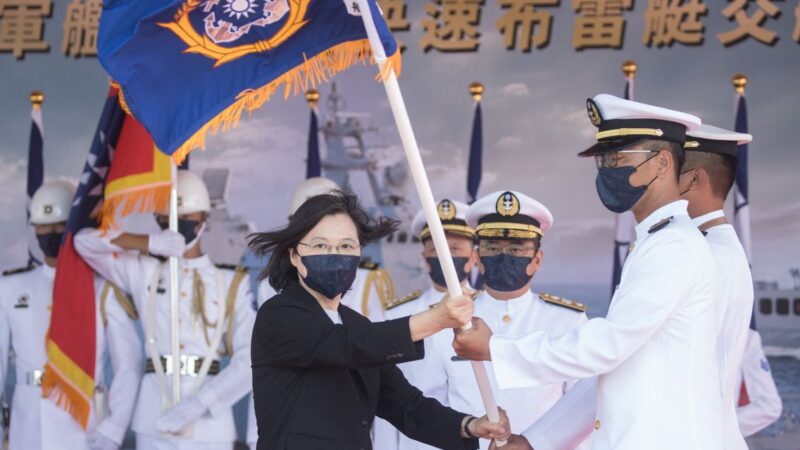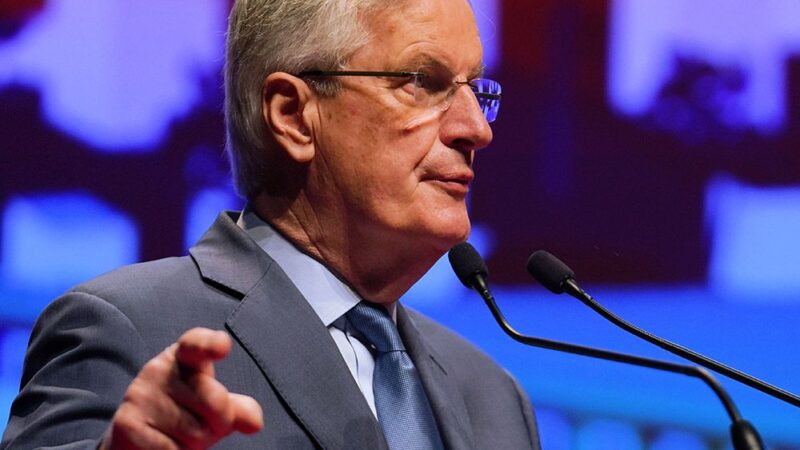USA-China: a first meeting since the election of Biden and many areas of friction
For the first time since Joe Biden arrived at the White House, Secretary of State Antony Blinken meets his Chinese counterpart Thursday in Anchorage, Alaska. The interviews promise to be frank on the subjects that annoy.

In Alaska, the city of Anchorage – 300,000 inhabitants – in the Cook’s Gulf, open to the North Pacific, serves as the backdrop this Thursday for the making of contact between the leaders of American and Chinese diplomacy. On the one hand, Antony Blinken accompanied by the national security adviser of the United States Jake Sullivan, and on the other the Chinese Minister of Foreign Affairs Wang Yi, and the head of international relations of the Communist Party Yang Jiechi.
The context between the two powers is tense. Antony Blinken accuses Beijing of being repressive on Chinese territory and » increasingly aggressive abroad «. However, there is still no evidence that the Biden administration is ready for a showdown with China.
Washington baffled by Chinese expansionism
The Biden administration is faced with a formidable challenge left almost fallow by Donald Trump during his four years in office: Chinese land claims. A hot topic long put aside by the United States in favor of economic disputes alone.
Admiral Davidson, head of US forces in the Indo-Pacific region, told Congress last week that China could invade Taiwan within the next six years. Beijing has considered for decades that the former island of Formosa is an integral part of its territory and has multiplied the signals against those who could oppose its plan to annex Taiwan to integrate it into the People’s Republic. Chinese military planes fly over the island almost every day.
Officially, Washington has pledged to defend Taiwan but fears falling into the trap of provocations. Beijing also claims maritime areas in the South China Sea. Faced with this growing pressure, American diplomacy is trying to reassure its allies in the region, in particular, Japan and South Korea, two countries where Antony Blinken visited earlier this week before this meeting with the Chinese.
What will human rights weigh in the face of business?
Before this meeting in Anchorage, Antony Blinken had planned to speak frankly about the contentious subjects. He echoes the position of his predecessor Mike Pompeo, accusing China of perpetrating » genocide » against the Uighurs.
Washington also denounces attacks on Hong Kong’s autonomy and democracy. Will these issues set a red line in the US-China trade, customs, and technology talks? Unless there is a dramatic turnaround, it is very unlikely. Faced with Beijing, the Biden administration could maintain strong diplomatic pressure on human rights and democratic values, but without calling into question the intersecting interests of the two great powers.
A few days before this meeting, Antony Blinken had promised that relations with Beijing would be a mixture of » competition when it is healthy «, » collaboration when it is possible » and antagonism » when it is necessary «.
In this strained relationship, the United States has serious advantages. The measures initiated by Donald Trump – for example, those prohibiting Americans from investing in Chinese companies linked to the People’s Army – and which have not been abolished by the Biden administration are penalizing China. Limitations on technology transfer also handicap Chinese industry. The current US president has not made a final decision on the Huawei or TikTok issues. But when the time comes, trade negotiations could be separated from purely political issues.
A misunderstanding about the appointment
The last meeting between American and Chinese diplomats dates back to June 2020. Nine months later, the spokesperson for the Chinese Ministry of Foreign Affairs saw in the discussions on Thursday » a high-level strategic dialogue «.
A point of view that does not seem to share the White House, considering on the contrary that this meeting does not constitute the starting point of regular exchanges. One way to cool down Beijing’s demands, Washington waiting for » actions, not words » if China wants to see the tone of Sino-American relations change.




